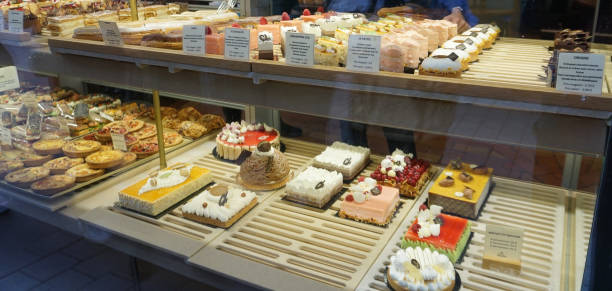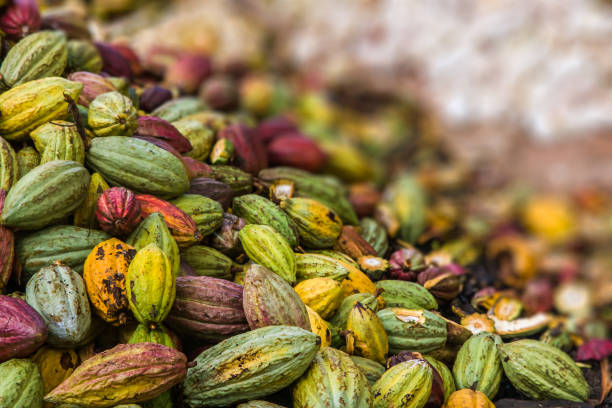Do you look at the wine’s appearance before swirling the glass around (while holding the stem)? Do you inhale deeply when describing how flamboyant your Shiraz is? Do you do the slurpy thing that some people love but others hate?
You can also remove the screwcap to get right in.
The wine ceremony may be a waste of time for those in the second group. Is science on your side, though?
Temperature
According to basic wine etiquette, you should serve red wines at room temperature and white wines chilled. Does it matter? Actually, yes.
Chemical reactions are involved in our sense of smell and taste. As with chemical responses, cooler means slower. This means that both whites and rosés will have less aroma. However, we are not sure what the exact physiology is behind temperature’s impact on taste.
Serve your whites at 11degC or less. Remember that ice buckets and your refrigerator are usually too cold to serve whites. A wine can be permanently damaged by excessive heat, but not in your fridge.
Hold the bowl in your hand to warm the wine if it is too cold. Or wait for a little while. This can be used to your advantage. You can also use this to your advantage.
Decanting and Aerating
The process of decanting is to remove the sediments that have built up over time in a wine. This was once required for all wine, even whites.
It’s not necessary to decant red wines that ” have thrown a crust“, as no one wants a mouthful full of sediment. There are many tips available online. One direction involves using a candle. This is perfect for romantic moments.
Alessio Bau/Flickr, CC BY-NC-SA
Aeration is another reason to decant. There are different opinions about whether aeration can be beneficial.
Wines change with air. Remember the bottle of wine you opened a week ago and tried? You didn’t find it very enjoyable, did you? The wine has oxidized in a similar way to an apple turning brown. The wine becomes vinegary when oxygen is present. This occurs because naturally occurring bacteria turn sugar and alcohol into acetic acids.
This question is about whether wine can improve with air exposure before it becomes undrinkable. This depends on three factors:
The wine in question, such as the region or grape variety
How long should you decant your wine?
There is no perfect answer to this question. It depends on how you enjoy your wine.
A test at the Australian Wine Research Institute found that the sensory properties of the wine in a decanter are not much different from those in a bottle. However, they do note that aeration can allow hydrogen sulfide to disperse (a wine fault), which is generally only important for poorly made wine.
Emile Peynaud, a French wine expert, discusses aeration in his 1983 book The Taste of Wine. Emile Peynaud reports on experiments that suggest that age is a key factor. Decanting older wine for hours can actually reduce its bouquet.
Decanting is a good idea. To avoid sediment, yes. Should you aerate your wine? It depends on your taste and the wine. You can find some really fun-looking bottles. Feel free to show off, even if it’s just for display.
Swirling
A fluid dynamic study was conducted on swirling. Researchers found that different factors, including the diameter of the wine glass, can affect the waves you see when mixing. Watch the video below.
The glass wall is oxygenated and mixed better by a gentle circular motion.
The purpose of this process is to allow more wine to come into contact with oxygen, to agitate wine in order to release odours, or to increase surface area, which increases the quantity of odour released. Does it affect the flavor or odor of the wine at all?
Why not try it yourself? You can ask a friend for help. Blindfold your friend and ask them to pour three identical samples of the same wine into identical glasses. Ask them to swirl a sample. Smell them all (without peeking!) Try to identify which smells differently.
Do this several times with new glasses to ensure scientific rigor. You will get a score of 10 with a chance of 3.33. However, you’ll have to ask a few friends to participate in order to draw any conclusion. You’ll need friends to take part – someone has to drink the wine.
The serving temperature is critical, but the aeration and swirling are less important. There is the possibility that people think they work because they expect it to. The wine literature is full of articles about the impact of expectations.
Other things, like glassware, are also important to consider. If you choose to do the ceremony and it suits you, I will not stop you.












+ There are no comments
Add yours